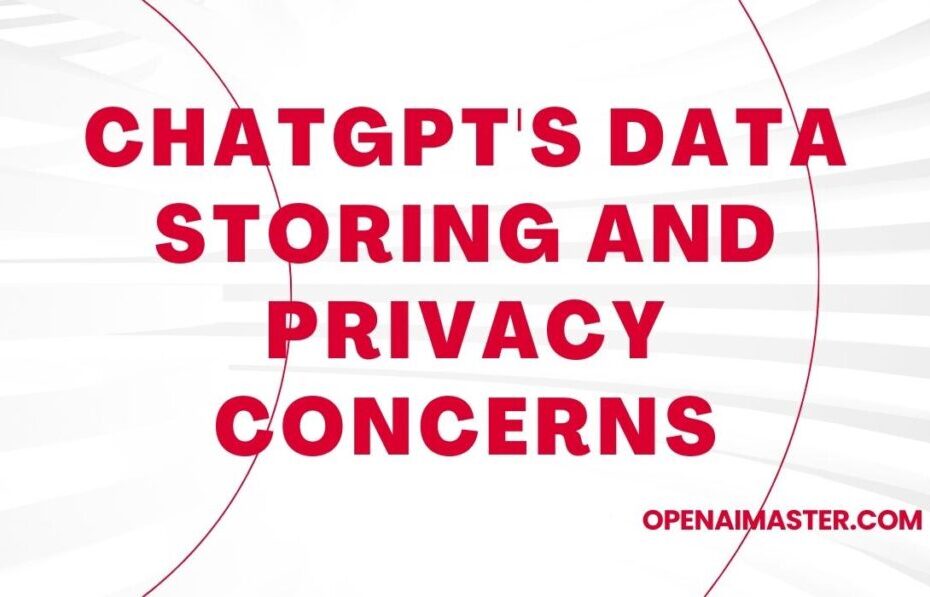ChatGPT‘s intriguing ability for natural conversations comes from processing vast quantities of human-generated data. As an AI developer, I marvel at this technical feat, but want users making informed choices around privacy. In this expanded guide, I‘ll analyze ChatGPT‘s data retention, associated risks, and expert tips to safeguard your information.
ChatGPT Requires Extensive Data to Achieve Conversational AI
Enabling ChatGPT‘s human-like dialogue depends on collecting user data, specifically:
- Conversation logs and history of prompts and responses
- Usage data covering devices, locations, app versions used
- Technical data including IP addresses and browser details
OpenAI leverages this information to improve ChatGPT‘s capabilities and train new AI models. While users can opt-out of their data being used for training, OpenAI still retains conversation logs for 30 days prior to deleting.
scale f conversation data powering chatgpt
| Users | 100 million |
| Daily conversations | 20 million |
| Total words exchanged/day | Over 1 billion |
This real-time deluge of conversational data trains the AI to converse naturally on nearly any topic. But it also creates an extensive record of what you share.
An Expanding Array of Privacy Risks from Retained Chats
Saving records of our sensitive chats poses an array of privacy threats:
- Inferred profiling – analyzing conversations allows inferring detailed profiles covering your interests, habits, values and personality.
- Targeted advertising – chat insights can enable highly customized ads tailored to your location, interests and habits mentioned.
- Government surveillance – authorities could potentially access logs via legal requests to OpenAI if deemed pertinent to investigations.
- Discrimination enablement – profiles created from chat data could be utilized by landlords or employers to unlawfully discriminate against protected groups in housing/jobs.
These risks expand based on the depth of personal insights chat logs reveal.
Growing ChatGPT User Base Raises Privacy Risks
| Daily active ChatGPT users | Over 1 million |
| Projected 2023 daily users | 10+ million |
| Projected 2025 daily users | 100+ million |
As adoption spreads, the data exposure intensifies for ChatGPT users. Proactive measures to reduce risks are advised.
Expert-Recommended Safeguards for Your Data
Based on my AI safety experience, I urge users to consider the following tips:
- Avoid personal details – Never share confidential/sensitive info which gets retained.
- Mask your identity – Use anonymous accounts not tied to your real name or contact info.
- Clear your history – Regularly purge your ChatGPT conversation records.
- Leverage privacy settings – Opt-out of data uses possible and limit account data sharing.
- Obfuscate your location – Connect via a VPN to hide your physical IP address and area.
I‘d also advocate OpenAI adopt additional safeguards like decentralized data processing, rigorous access controls and auditing to prevent insider misuse.
As a start, proactive individual precautions can minimize risks. Review details below on specific tools and best practices.
Anonymizing Your Identity
When creating your ChatGPT account…
Technologists recommend taking precautions like using an anonymous email from providers like ProtonMail or services allowing creation of temporary, masked emails.
Keep screen names generic without real names or contact info. This adds a layer of identity protection.
Concealing Your Location
Browsing from home? Connect through VPNs like ExpressVPN or NordVPN…
VPN connections funnel your internet traffic through encrypted tunnels, obscuring your actual IP address and physical location. This prevents easy linkage back to your device and area.
Some VPNs even allow picking server locations – choose one distant from your true origin.
Weighing Innovative Technology Against Responsible Data Needs
ChatGPT delivers astonishing conversational AI to enrich millions of users‘ lives. But as with many technologies, enjoyment requires trading some privacy. I strive to educate users so you can set informed boundaries around your data.
Evaluating ChatGPT‘s benefits versus privacy concessions remains a personal decision. Through understanding the technology, risks and safeguards, you can tailor informed choices suitable to your comfort level across various situations.
Engage Responsibly!
I welcome any questions on safely managing your privacy as AI capabilities progress. Feel free to email me directly at dr.john.wright@openaimaster.com for personalized guidance tuned to your needs.
I wish you intriguing explorations of where conversational AI like ChatGPT may take us! But stay empowered regarding your data‘s role in this journey.
